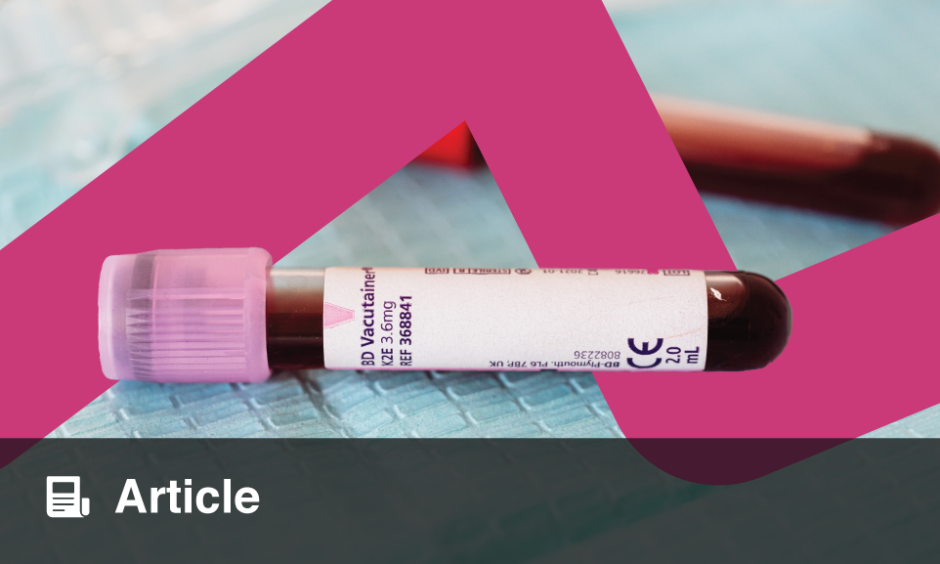A recent study has found that the standard treatment for acute myeloid leukaemia (AML) is both safe and effective for adults aged ≥80 years. The study highlights that nearly a quarter of these older adults can experience significantly prolonged survival with the VEN-HMA regimen, a combination of venetoclax and hypomethylating agents.
AML is a highly aggressive blood cancer, and treatment can be particularly challenging in elderly patients due to the intensive nature of the therapy and associated health risks. Historically, many older adults have been considered ineligible for such treatments and were instead directed towards palliative care.
Justin Watts, University of Miami Sylvester Comprehensive Cancer Center, Florida, USA, emphasised the importance of considering VEN-HMA for elderly patients. “Our study reveals that a significant portion of these patients at the extremes of older age still derive benefit from the VEN-HMA regimen,” Watts said. He hopes the findings encourage healthcare providers to explore all treatment options rather than prematurely opting for less aggressive care.
The study analysed records from 154 patients aged 80–92 years treated with VEN-HMA across six institutions in the USA and Italy. Results showed that approximately 20–25% of patients experienced prolonged survival, with a median overall survival of 8.1 months. Those responding to treatment had a median survival of 13.2 months.
While the treatment showed promise, it also highlighted the need for dose adjustments to mitigate myelosuppression, a condition that suppresses bone marrow function. Future research aims to refine treatment dosages and schedules to further improve outcomes and quality of life for elderly patients with AML.
Reference:
Madarang et al. Venetoclax and Hypomethylating Agents in Octo- and Nonagenarians with Acute Myeloid Leukemia. Blood Neoplasia. 2024;100016.







